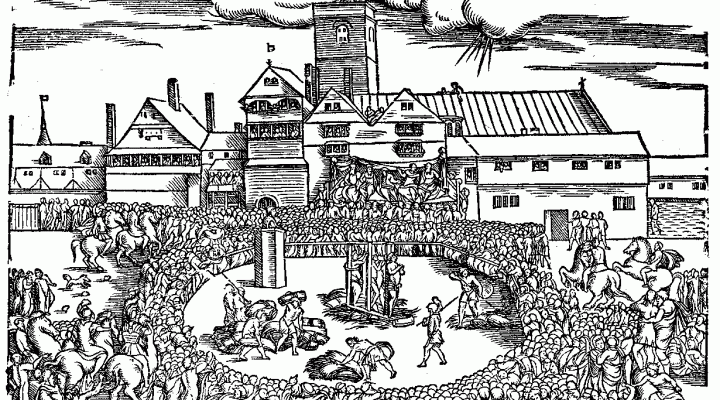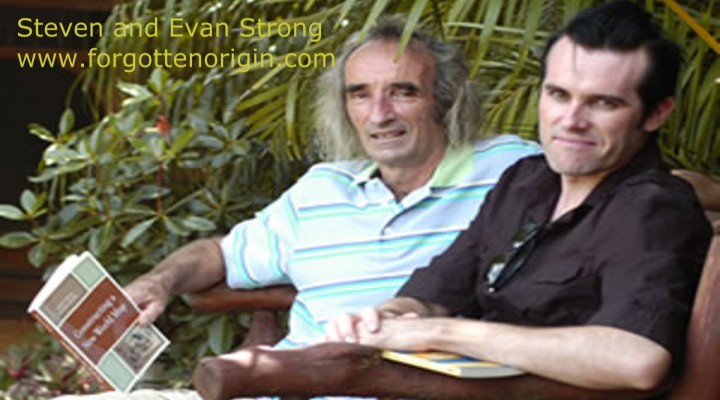What is Communitarianism?
The term “Communitarian” originated in the 19th century and was defined as: “a member of a community formed to put into practice communistic or socialistic theories,”
Webster’s changed the definition in 1909 to mean: ‘of, pertaining to, or characteristic of a community.’
The most influential policy adviser and advocate of Communitarianism Amitai Etzioni called this the “Responsive Community”, and recognized that communitarian ideas can be found throughout history, although the term itself was coined only in 1841 by John Goodwin Barmby,who founded the Universal Communitarian Association and the London Communist Propaganda Society in 1841.
In the same year Barmby founded the Communist Chronicle, a monthly newspaper later published by Thomas Frost. By 1843, the Barmbys had recast their movement as a church. The term “communism” was used slightly later, but certainly by the 1840s.
Communitarianism, where all rights come with responsibilities
The show below describes how the system has been imposed on all public engagement. Its agents are in effect the whole “community”.
It is a system where individual rights are sacrificed for “The Common Good”. This is implemented by “Group Consensus”, the public appear to have agreed.
The idea is to control all public opinion and enforce a totalitarian system which presents itself as public engagement and as being lead by “the community”. This community can be a self defined pressure group. The community are in fact trained in the principles of the system and aim to control the public narrative.
Non Government Organizations and public facing organizations control the narrative and train their”future leaders” into this intolerant system which dovetails into the Climate Change agenda and the UN sustainable development goals. We have done many shows on this in the radio show archive .
Interview about the Communitarian system with Richard Willetts
Mark Windows with Lark in Texas on the Communitarian system.
Here is a follow up show on the real meaning of “The Common Good”




